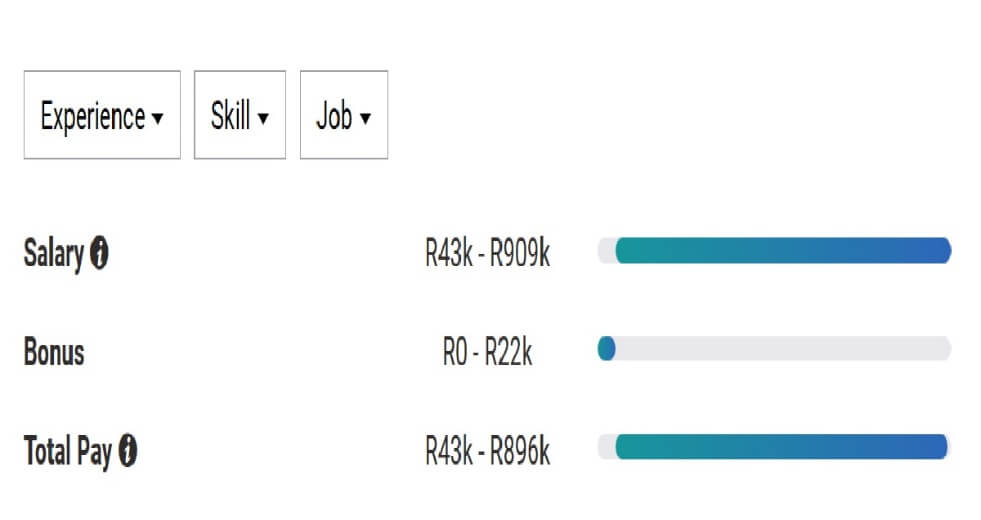
Program Overview
The purpose of this Qualification is to build competencies required by learners in broadcast engineering to enable them to work as technicians in the broadcast industry. The acquisition of knowledge and skills will empower learners to respond to challenges in the broadcasting environment and the changing world of work where the Broadcast Technician is an important extension of the Engineering field. The learners will also acquire the attitudes and values required to operate confidently as individuals in the South African community.
This Qualification provides learners with not only a broad knowledge base and a critical understanding of terms, rules, concepts, principles and theories of Broadcast Engineering that will enable learners to be informed workers, but also develops specific competencies in the following streams: Radio, Television, Broadcast Contribution, Broadcast Head-end Systems, Broadcast Distribution or Broadcast Spectrum Management.
Qualifying learners are able to use methods in Broadcast Engineering to install, set-up, operate, fault find, maintain and repair broadcasting equipment in one of the above-mentioned disciplines. The qualification credits a learning experience that allows flexible access to life-long learning, higher education and employment in Broadcast Engineering as a career path.
Qualifying learners are capable of:
- Identify and solve problems within own area of responsibility and make decisions promptly and effectively using critical and creative thinking to take remedial action.
- Work effectively with clients, colleagues, as a member of a team, group, organisation or community to achieve the required end-result. This could include effective negotiation with others to schedule maintenance around important events or to communicate to local authorities when doing field strength measurements.
- Organise and manage themselves in the work areas and their activities effectively and responsibly to plan installation activities, prepare equipment, materials and tools for selected tasks or to complete tasks within deadlines.
- Collect, organise and analyse broadcast engineering information which is used to critically evaluate the results and possible solutions and the effect of decisions made during maintenance, repair and keeping broadcast on-air.
- Communicate technical information effectively, both orally and in writing, using appropriate language, structure, style and graphic support.
- Use science and technology extensively and effectively when working with broadcast equipment and critically showing responsibility towards the environment, which could include work areas and installation venues, and health and safety of all involved.
- Demonstrate an understanding that the engineering world is a set of related systems and that problem solving does not exist in isolation in that learners are expected to comprehend that their actions have implications for the team, company, the industry as a whole and the community at large.
Why study with us?
We provide high quality academic trainings that will enable you to get qualified in your chosen field; you will also be provided with a solid foundation to help you build your career or business. We’ll help you achieve your ambitions no matter how big they are and at the same time open your mind to possibilities you didn’t even know existed. Our standards are very high yet, we are easily accessible and affordable to everyone irrespective of their socio-economic background.
Entry Requirements
- Grade 12 – Matric,
- A senior certificate or
- National Certificate (N3) or a relevant Nated equivalent qualification
- International students with Senior School Certificate can apply.
The following learning is assumed to be in place before embarking on this Qualification:
The credits and design of this qualification assumes that the following competencies have already been attained:
- Communications and language skills at NQF Level 4
- Mathematics and Science at NQF Level 4
- End user computing skills
- Wiring Techniques
- Soldering techniques
- Use and care of hand and power tools
Install new computer hardware and software packages
PROGRAM MODULES
- End User Computing I
- Business Literacy
- Broadcast Contribution
- Broadcast Distribution
- End User Computing 2
- Head End System
- Electricity & Spectrum
- Business Communication
- End User Computing 3
- Project Management
- POE
Internship Requirement
This programme requires that the student undertakes an internship for a minimum of 12 months in relevant industry after completing the in-class academic study. There is an opportunity for job placement assistance through our industry network after graduating depending on availability.
Qualification Obtainable
On completion of the program, student will receive a certificate for level completed. Qualifications are issued by MICT SETA – Media, Information and Communication Technologies Sector Education and Training Authority.
Program Accreditation Information
by MICT SETA – Media, Information and Communication Technologies Sector Education and Training Authority accreditation No: ACC/2016/07/0083
Department of Higher Education and Training accreditation No: 2019/FE07/011
Duration, Study Mode & Intake Dates
Full Time
- Study Duration: 12 – 18 months
- Admission dates: January and July every year
Online & Part Time
- Duration: 12 – 18 months
- Admission dates: January and July every year
Career Opportunities
- Broadcast design engineer
• Broadcast Integration Engineer
• Broadcast systems engineer
• Broadcast IT engineer
• Broadcast IT systems engineer
• Broadcast network engineer
• Broadcast maintenance engineer
• Video broadcast engineer
• TV studio broadcast engineer
• Outside broadcast engineer
• Remote broadcast engineer
Related Industry Salary for graduates of Broadcast Engineering

